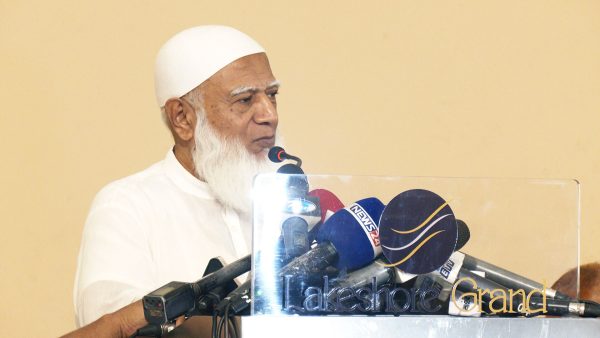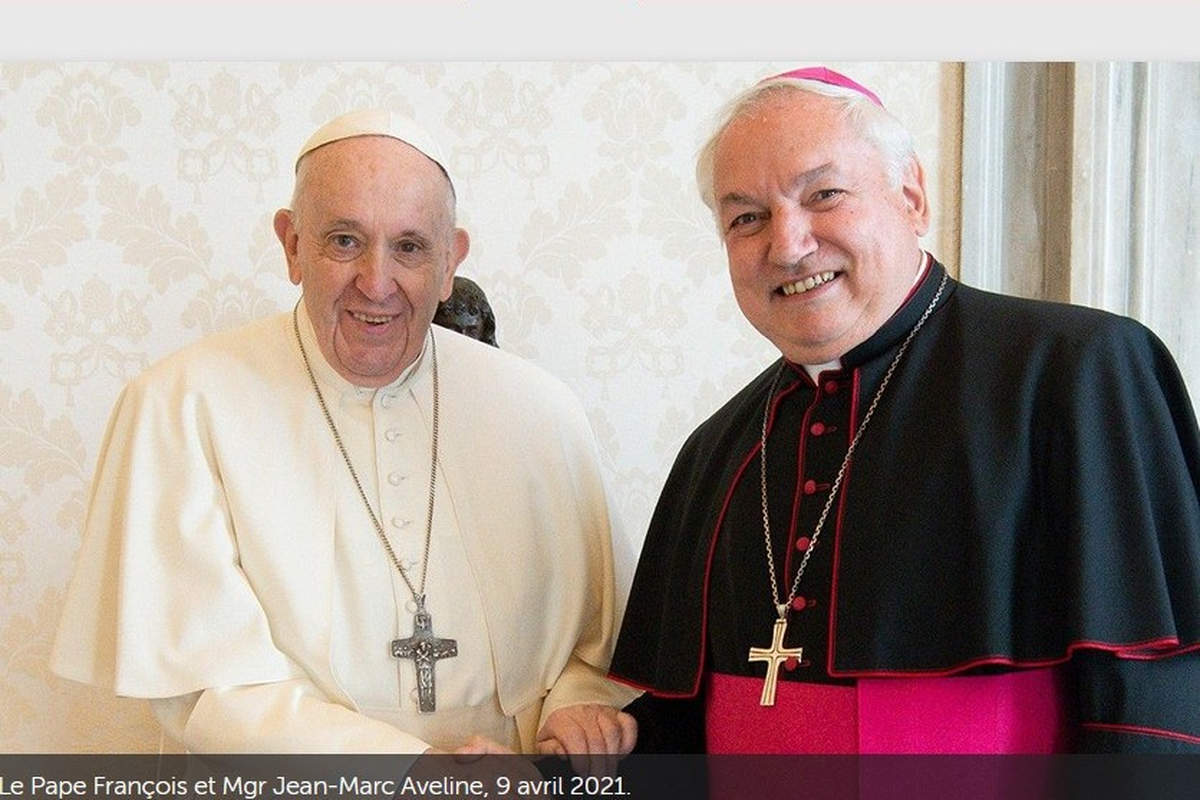Rebranding Jamaat: The Rise of the ‘Islamist Left’ in Bangladesh

The term “Islamist left” may seem paradoxical to some, given the traditionally conservative orientation of Islamist parties. Yet, in the aftermath of Bangladesh’s 2024 July Revolution, this seemingly contradictory movement is gaining traction, led by Jamaat-e-Islami Bangladesh (JI). JI, the oldest Islamist party in Bangladesh, has historically struggled to gain significant electoral support, often polling at less than 10 percent despite Bangladesh’s Muslim majority. However, recent shifts in the political landscape, combined with JI’s strategic pivot toward inclusive and progressive rhetoric, have helped reframe the party’s image. This new orientation reflects an emerging “Islamist Left,” a blend of Islamic values with social and economic equity, inclusivity, and broader citizenship rights, which is reshaping the party’s identity in Bangladesh. JI’s limited electoral success is rooted in the complex socio-political and cultural context of the nation. One of the key barriers to Jamaat’s acceptance lies in Bangladesh’s dominant Sufi traditions, which emphasize mysticism, inclusivity, and spiritual unity rather than strict ideological adherence. Sufi Islam’s historical influence, established through centuries of outreach to the masses, especially among the rural, largely apolitical, and often illiterate population, created an environment where JI’s protectionist ideological approach did not resonate broadly. Another significant factor hampering JI is history. During Bangladesh’s 1971 Liberation War, the party was aligned with forces opposing independence. This choice has haunted JI’s reputation for decades, diminishing its public support and cementing the notion that the party is out of step with the nation’s foundational values. Some of its leaders were even convicted of war crimes and executed for their role during the Liberation War. For many Bangladeshis, this perception of JI as anti-liberation, and thus anti-nationalist, has become a near-insurmountable barrier to gaining public trust. Bangladesh’s liberal-leaning elites and media have also hindered JI’s rise. Bangladeshi civil society, particularly its intellectuals, journalists, and urban professionals, are heavily influenced by liberal democratic values and a commitment to secularism; they thus view JI with suspicion or outright hostility. Consequently, JI’s traditional Islamist platform has failed to appeal to the influential urban middle class, further constraining its outreach. Moreover, JI’s struggle for influence is compounded by the presence of nearly a hundred other Islamist parties in Bangladesh. This landscape of competing factions dilutes JI’s appeal and fragments the Islamist voter base. Mainstream parties, too, often employ Islamic symbolism and rhetoric to appeal to conservative voters, thus appropriating issues that might otherwise serve JI’s agenda. This phenomenon, sometimes described as the “banalization” of Islamism, has rendered JI’s message less distinctive and further marginalized the party. In the aftermath of the July Revolution of 2024 – a student-led movement that forced significant political changes in Bangladesh – JI found an unexpected opportunity to reposition itself. With the protests shaking the established political order, JI saw a chance to rehabilitate its image and adopt a stance in favor of change, positioning itself as a “pro-revolutionary” force. This strategy has reinvigorated the party’s appeal, providing it with greater media attention and renewed popular support. JI’s newfound stance aims to harness the spirit of the revolution, positioning the party as both progressive and inclusive in its vision for Bangladesh. The catastrophic floods that followed the revolution provided JI with a further opening to establish a visible and compassionate presence. Through its relief efforts, the party demonstrated a proactive commitment to social welfare, which aligns with its vision for an Islamic welfare state. By framing its activism as a form of Islamic social justice, JI highlighted its role as a provider of financial and humanitarian aid, resonating with citizens who value such tangible, grassroots support. As JI has adapted to the shifting socio-political climate, it has begun to reshape its platform to better align with broader social concerns, adopting principles commonly associated with the left, such as inclusivity, human rights, and social equity. JI’s leaders have spoken openly about equality and social justice, often invoking the idea of an “Islamic welfare state.” The party envisions a Bangladesh where financial security and social welfare are guaranteed for all, drawing on Islamic principles to argue for universal benefits. JI’s Amir Shafiqur Rahman promised to the nation that “no one will remain unemployed.” Meanwhile, the slogan that “Islam is the solution” to Bangladesh’s problems has gained more ground after the revolution. A particularly notable shift in JI’s rhetoric relates to minority rights. In a symbolic departure from previous hardline positions, the party’s leader recently asserted that minorities should enjoy full citizenship rights, comparing this to Muslims’ freedom to practice their faith without fear. Such statements aim to reframe JI as a defender of equal citizenship and are calculated to address longstanding concerns about the party’s commitment to inclusivity. This rebranding effort is critical as JI seeks to appeal to a younger, post-revolution generation that values democratic ideals and human rights alongside religious identity. On gender issues, JI has attempted to strike a balance between Islamic tradition and progressive values. While the party remains cautious in its stance, it has distanced itself from more conservative models like those seen in Afghanistan or Pakistan, arguing instead for a “Bangladeshi approach” that respects both Islamic and cultural traditions. JI’s approach to women’s roles aims to resonate with a modernizing society while staying true to the party’s Islamic roots. Rahman has pointed to the historical example of Medina state, where women took part in state reformation and even in wars. JI has even begun to address the contentious issue of its 1971 legacy, with party leaders suggesting that, should the party’s anti-liberation activities be proven unequivocally, JI would be willing to apologize. This gesture of potential accountability, albeit carefully worded, represents a significant shift, reflecting JI’s awareness of the need to reconcile with Bangladesh’s history if it is to gain broader acceptance. The rise of the “Islamist left” in Bangladesh is a phenomenon shaped by the unique socio-political context and historical legacy of Jamaat-e-Islami Bangladesh. While the party has long been hampered by its anti-liberation stance, the influence of liberal-leaning elites, the dominance of Sufi traditions, and competition from other Islamist factions, it has seized on the revolutionary moment to redefine itself. By adopting a more progressive, inclusive vision that aligns with the ideals of social justice, equal citizenship, and human rights, JI is trying to appeal to a new generation of Bangladeshis who seek an alternative to both secular liberalism and traditional Islamism. Through its recent rebranding efforts, JI has crafted a vision of Islam that resonates with socially conscious Bangladeshis and embraces the ethos of the July Revolution. This emerging “Islamist left” is not only reshaping JI’s identity but also altering the contours of Islamist politics in Bangladesh, signaling a new phase in the evolution of political Islam in South Asia. The coming years will reveal whether JI can sustain this transformation and consolidate its newfound support, or whether this rebranding effort will ultimately prove to be a temporary adaptation to a rapidly changing political landscape.


















